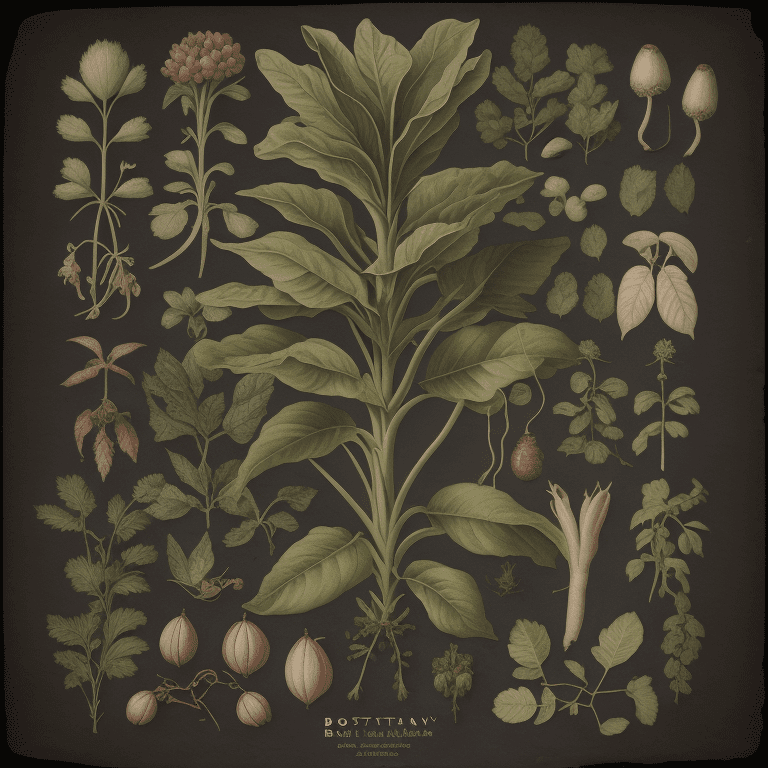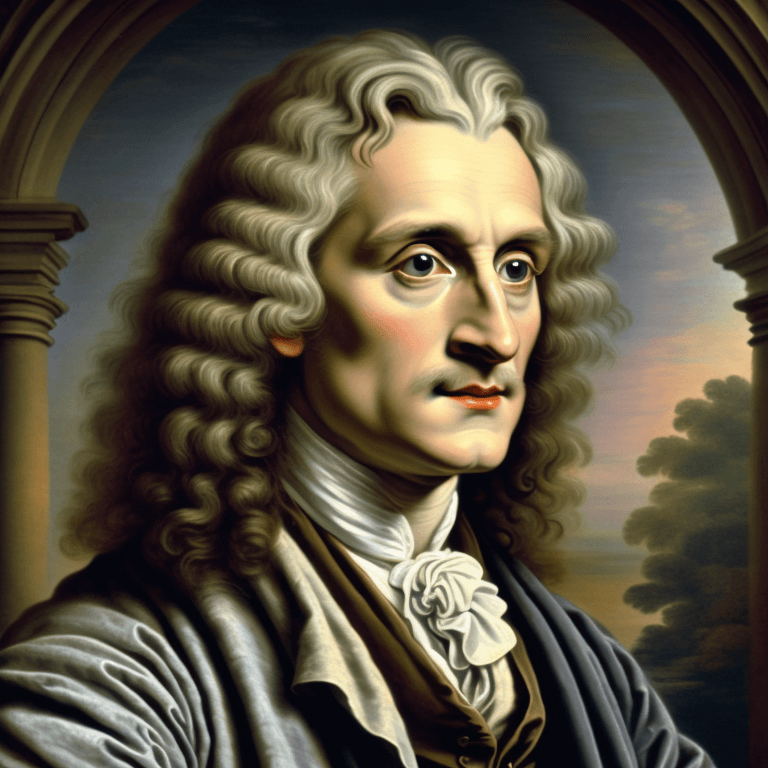
There is no single universally recognized “father of botany”, but here are 5 key figures who made major historical contributions to the founding and development of botany as a scientific field of study:
- Theophrastus (c.371 – c.287 BC) – Ancient Greek philosopher and Aristotle’s successor. Often considered the “father of botany” for his two influential books on plant classification and structure – Enquiry into Plants and On the Causes of Plants.
- Carl Linnaeus (1707-1778) – Swedish botanist who developed the binomial nomenclature system of naming organisms. Published seminal works including Species Plantarum that standardized plant species description and classification.
- John Ray (1627-1705) – English naturalist considered the “father of English natural history”. Published important works classifying plants based on morphology and seed structure. Contributed to taxonomy.
- Joseph Banks (1743-1820) – British explorer and botanist who joined Captain Cook’s first great voyage, collecting and cataloging thousands of plant specimens from around the world. Made the Royal Botanic Gardens a leading center of botany.
- Gregor Mendel
- (1822-1884) – Augustinian monk whose experiments with pea plants established basic principles of inheritance and laid the groundwork for modern genetics. Founder of Mendelian genetics.
While botany has early origins, these scientists pioneered the systematic study, classification, and experimental analysis of plants that developed botany into a distinct scientific discipline.

The father of botany is considered to be Theophrastus, who was a Greek philosopher and scientist.
He is credited with being the first person to document plants systematically, and he also developed theories about their growth and reproduction.
- His work was highly influential for many centuries and laid the foundation for modern botany.
- The father of botany is considered to be Theophrastus, a student of Aristotle.
- He wrote the first major botanical work, “Historia Plantarum”, which was published in the early 3rd century BC.
In it, he discussed plant morphology, physiology, and reproduction, and also classified more than 500 plants.
Who was the father of botany and what did he do?
The father of botany is Theophrastus, a Greek philosopher who lived in the 4th century BC.
Explain it to a child
Theophrastus was an ancient Greek philosopher and botanist who did important work in the study of plants. He is often considered to be the “father of botany,” and his work was very important for later advances in the field.
He is best known for his work on plants, which was compiled in a book called “On the History of Plants.” Theophrastus was the first to classify plants into groups based on their similarities, and he also made important observations about the way that plants grow and reproduce.
His work laid the foundation for all future studies of botany, and he is considered to be one of the most important figures in the history of science.

What were Theophrastus’ major contributions to botany?
Theophrastus was an ancient Greek philosopher and botanist who made significant contributions to the study of plants.
- He is often considered to be the “father of botany,” and his work laid the foundation for future advances in the field.
- Among his major contributions was a classification system for plants that grouped them based on similarities in their fruiting structures.
- This system, which was later refined by Carl Linnaeus, is still used today.
- Theophrastus also carried out extensive observations and experiments on plant growth, locomotion, and reproduction.
- His findings were published in a series of treatises that remained influential for centuries.
- In addition to his scientific accomplishments, Theophrastus also wrote extensively on ethical and philosophical topics, including the nature of happiness and the proper way to live one’s life.
As a result, he left a lasting legacy not only in botany but also in other areas of human knowledge.
What is the legacy of Theophrastus’ work in the field of botany?
The legacy of Theophrastus in the field of botany is significant.
He is considered the father of botany for his work in the identification and classification of plants.

- His work also laid the foundation for plant physiology and ecology.
- Theophrastus made observations on plant growth, reproduction, and metabolism that were not paralleled until the Renaissance.
He also developed theories on the role of soil in plant growth and the adaptive strategies of plants.
Even though his work was sometimes inaccurate by modern standards, it was remarkable for its time and remains an important part of the history of botany.
Why is Theophrastus considered the father of botany?
- Theophrastus was a Greek philosopher and scientist who lived in the 4th century BCE. He is considered to be the father of botany because of his pioneering work in the field of plant biology.
- In his major work, “On the Causes of Plants,” Theophrastus made careful observations of plant growth and development.
- He classified plants based on their physical characteristics, and he also described the different parts of plants and their functions.
Theophrastus’ careful study of plants laid the foundation for future scientists to build upon, and his work remains an important part of botanical study today.
Some interesting facts about Theophrastus, the father of botany

Theophrastus is considered the father of botany for his work in classifying plants and for his pioneering use of empirical observation and experimentation in studying plant life.
He was born in Greece in 371 BCE and studied under Aristotle at the Lyceum in Athens.
After Aristotle’s death, Theophrastus took over as head of the school.
He wrote a number of treatises on topics ranging from logic to ethics, but his most famous work is “On the History of Plants.”
In this work, Theophrastus classified plants according to their physical characteristics and described their reproductive processes in detail.
He also conducted experiments to study the effects of different growing conditions on plants.
Theophrastus’s work laid the foundation for subsequent advances in botany, and he is still revered as one of the most important figures in the history of science.
Thus, Theophrastus is considered the Father of Botany for his remarkable contribution to the field of botanical science.
Other “Father Of” Scientific Field Articles:
- Father of Botany
- Father of Zoology
- Father of Ecology
- Father of Bacteriology
- Father of Immunology
- Father of Biology
- Father of Physiology
- Father of Virology
- Father of Anatomy
- Father of Physics
Article Sources
Jacks of Science sources the most authoritative, trustworthy, and highly recognized institutions for our article research. Learn more about our Editorial Teams process and diligence in verifying the accuracy of every article we publish.
